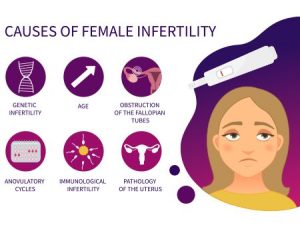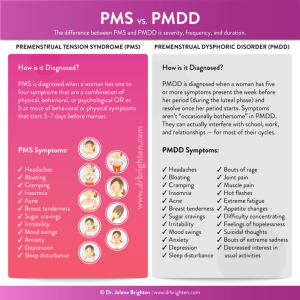Holistic approaches to managing menstrual irregularities

Menstrual irregularities can often cause distress and discomfort for many women. From painful cramps to unpredictable cycles, these irregularities can disrupt daily life and affect overall well-being. While medical interventions may be necessary in some cases, there are also holistic approaches that can help manage menstrual irregularities and promote reproductive health.
Understanding Menstrual Irregularities
Menstrual irregularities refer to any variations or abnormalities in a woman’s menstrual cycle. This can include changes in cycle length, excessive or prolonged bleeding, absence of periods, or severe pain during menstruation. These irregularities can be caused by various factors such as hormonal imbalances, stress, nutritional deficiencies, or underlying medical conditions.
The Importance of Holistic Approaches
Holistic approaches to managing menstrual irregularities focus on addressing the root causes rather than solely relying on symptomatic relief. By adopting a comprehensive approach that encompasses lifestyle changes, dietary modifications, stress management techniques, and natural remedies, women can achieve long-term improvements in menstrual health.
1. Balanced Nutrition
A well-balanced diet plays a crucial role in maintaining hormonal balance and overall reproductive health. Incorporating foods rich in essential nutrients such as iron, magnesium, vitamin B6, and omega-3 fatty acids is beneficial. These nutrients are found in leafy greens, fruits, nuts, seeds, whole grains, and fatty fish. Moreover, avoiding processed foods, caffeine, and excessive sugar intake can help regulate hormonal levels.
2. Herbal Remedies
Natural herbs have been used for centuries to support menstrual health. Herbs like chasteberry, dong quai, and black cohosh have shown promising results in regulating menstrual cycles and alleviating symptoms. However, it’s important to consult with a healthcare professional or herbalist before introducing any herbal remedies to your routine.
3. Stress Reduction Techniques
Stress can have a significant impact on hormonal balance and menstrual regularity. Engaging in stress reduction techniques like yoga, meditation, deep breathing exercises, or acupuncture can help manage stress levels. Creating a calm and peaceful environment, practicing self-care, and getting adequate sleep is also important for overall well-being.
4. Regular Exercise
Regular physical activity has been found to promote hormonal balance and regulate menstrual cycles. Engaging in moderate-intensity exercises like walking, swimming, or cycling for at least 30 minutes a day can have a positive impact on menstrual health. However, it’s essential to maintain a balanced approach and avoid excessive exercise, which can potentially disrupt hormonal balance.
5. Hormonal Balance Support
Several supplements can aid in balancing hormones and managing menstrual irregularities. Vitamin D, evening primrose oil, and probiotics have shown benefits in supporting reproductive health. However, it’s crucial to consult with a healthcare professional before incorporating any supplements into your routine to ensure they are safe and suitable for you.
6. Tracking and Medical Consultation
Keeping track of your menstrual cycle, symptoms, and any irregularities can provide valuable information for medical consultations. If you experience persistent or severe irregularities, it’s essential to consult with a healthcare professional. They can perform diagnostic tests to identify any underlying medical conditions and provide appropriate treatment options if necessary.
In Conclusion
Managing menstrual irregularities holistically involves adopting a multifaceted approach that addresses lifestyle, diet, stress levels, and reproductive health. While these approaches can be effective for many women, it’s important to remember that individual experiences may vary, and consultation with healthcare professionals is crucial in severe cases. By embracing a holistic perspective, women can empower themselves to take control of their menstrual health and enhance overall well-being.






